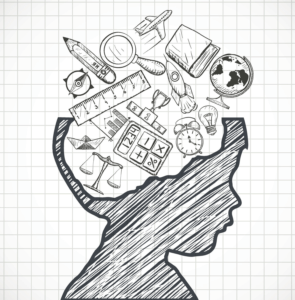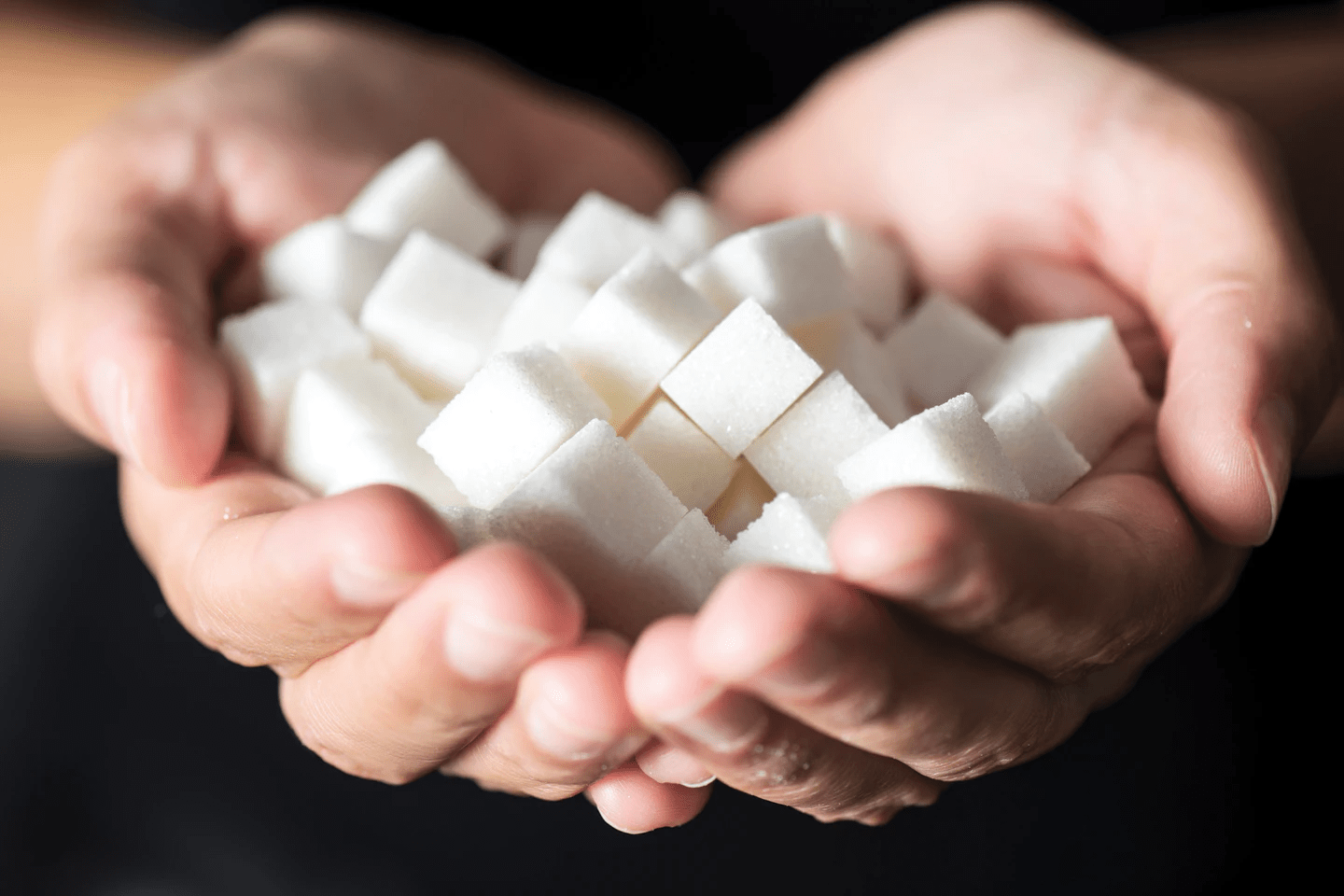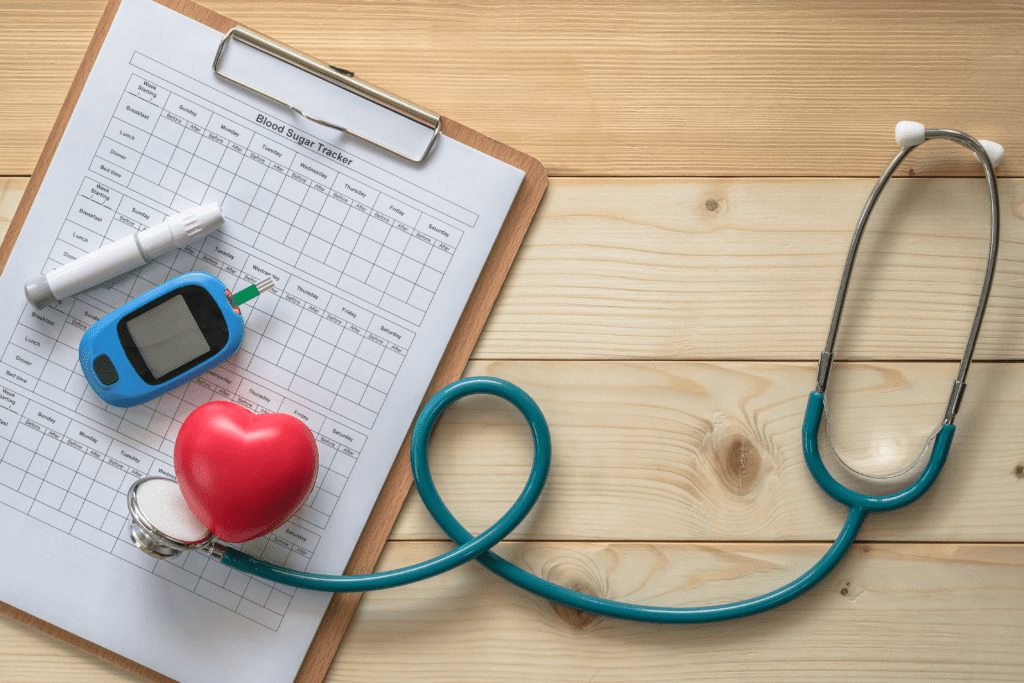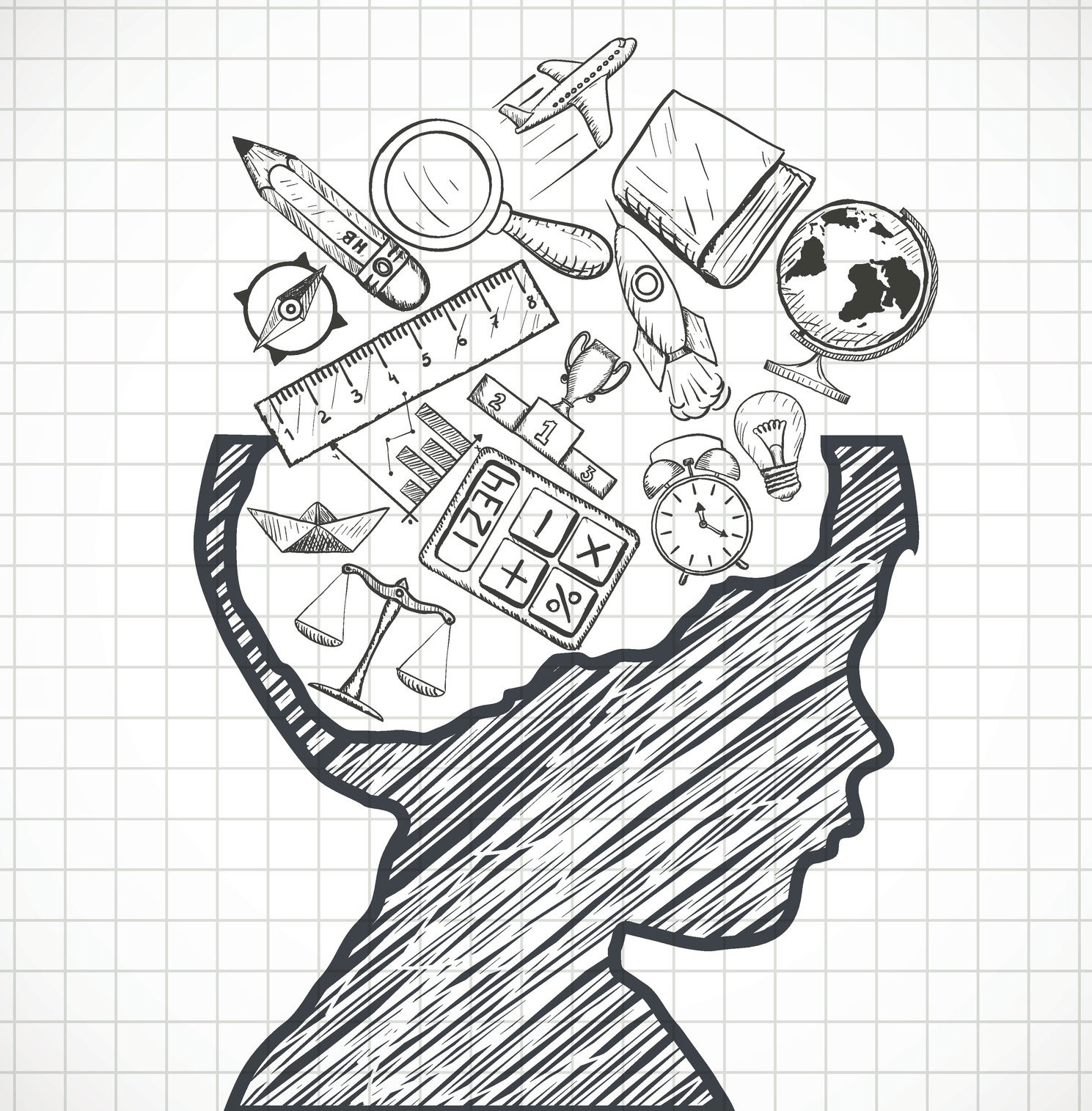
Sugar free diets have become very popular with people who want to limit their intake of calories without counting them. But what is the importance of a sugar-free diet and why do people continue with this type of diet even if they know that they are on a diet? People, especially those who are diagnosed with diabetes, usually have to follow a sugar-free diet for a certain period of time. In most cases, people who are on a sugar free diet can eat a lot of foods that contain sugar, such as desserts.
The importance of a sugar-free diet in addition to weight loss programs is to maintain the proper sugar level of the blood. When there is a balance between the amount of sugar in the body and the blood sugar level, people can still enjoy their meals and snacks without experiencing any negative side effects. However, if one loses the control of the amount of sugar intake and/or the amount of water intake, the person can suffer from hypoglycemia and other complications due to low blood sugar level.1
Refined carbs, as well as processed foods are some of the foods that you need to avoid if you are trying to stop sugar cravings. Aside from this, you need to avoid foods that are high in sugar content, such as white rice, pasta, wafers, donuts and cookies. Remember that sugar-free diet should be adopted in addition to a weight loss and exercise program.2
What Are the Dangers of Sugar?
What are the dangers of sugar? Well, this is an interesting question because when you talk about the dangers of sugar, it can be classified into two – those that occur when the intake of the said nutrient is good and the other one is when it is not.
When a person overconsumes sugar, he or she will definitely experience some side effects such as high blood pressure, irregular heartbeat, sudden weakness, fatigue, vomiting, diarrhea, confusion, depression, mood swings, poor memory, acne, dry skin, constipation, obesity, tooth decay, and kidney stones.3 These things are really dangerous and should not be overlooked.
Sugar has been there since the time that man has been cultivating it. However, overuse of sugar can really affect a person’s health negatively and may cause many unwanted things. Now that you know what are the dangers of sugar, make sure to stay away from it. Eat healthy foods and enjoy eating those fruits and vegetables!
Does Sugar Cause Hyperactivity?
You’ve probably heard this before but are you sure it’s the real deal? If you’re a parent or a teacher of a hyperactive child then you know that it’s a common misconception that hyperactivity comes from poor nutrition. But it’s not true.4
First, let’s discuss hyperactivity itself. Hyperactivity is defined as an inability to maintain concentration or focus or both, normally caused by a mental challenge or stimulation.5 Basically, hyperactivity comes when a child isn’t able to control his emotions when he faces challenges.
Hyperactivity can be caused by many things including heredity and brain damage. It can also be caused by the use of illegal drugs and stimulants such as Ritalin. In fact, many experts now agree that hyperactivity is genetic and not influenced by any substance in particular.6 However, the link between sugar and hyperactivity remains a controversial topic. There are a lot of theories out there but no one has been able to point exactly at which is the cause of hyperactivity.
However, there are ways to alleviate hyperactivity if you suspect it may be caused by sugar. If your child consumes less sweets then this should ease some of the symptoms. Also, sugar-free gum can help with some of the symptoms such as fidgeting and restlessness. Chewing sugarless gum or swallowing sugarless candy are also known to calm hyperactivity down. If your child is constantly hyperactive and cannot sit still for long periods, then parents are urged to seek professional help. The most important thing is to make your child feel confident and secure in the knowledge that it is not his or her fault and it will improve as they get older.
It is also thought that hyperactivity comes from the fact that a child’s brain has not reached its full potential. Just as learning to read saves you from becoming a librarian, your brain will be able to handle sugar much better when your toddler is at an appropriate age to process it. If your child is having problems sitting still and being unable to control his or her bowels, then they probably need some help with their hyperactivity. Even if the hyperactivity disappears when they are adults, it may be necessary to take hyperactivity medication during adulthood.
What is Hyperactivity? – The Difference Between Normal Behaviors and Disorders
ADD or attention deficit disorder was once an official diagnosis from the Diagnostic and Statistical Manual of Mental Disorders published by the American Psychiatric Association. However, in 2021, the list of qualifying conditions for the diagnosis of ADHD was amended to now include ODD, OCD, and Asperger’s Syndrome, making hyperactivity an additional inclusion.7
The medical community has identified three main types of hyperactive children:
- Inattentive-impulsive-compulsive behavior is when you are the type that is easily distracted; likely to jump from one activity to another without pausing to think about what you are doing; easily annoyed; easily confused; and has a hard time waiting for their turn or finishing what they have started.
- Impulsive behavior is often caused by uncontrollable racing thoughts, feelings of impending doom, or extreme excitement or guilt over losing a game or being left out of something. On the other hand, impulsiveness is when the child is in a state of excitement without being aware of the risks involved; frequently is involved in running, playing, racing, playing musical instruments, or throwing a tantrum.
- Hyperactivity can also be caused by lack of concentration, which is common in individuals with ADHD or ADD.
Hyperactivity is when the behavior of a child is abnormal and usually accompanies some degree of inattention or distractibility. Children with hyperactive behaviors should be diagnosed with either ADHD or ADD. If you or a loved one has been diagnosed with any of these disorders, you should know that there are treatments that can help you manage your symptoms and learn how to live a fuller life.
Image Credits
Nail Pro / Google Stock Images
Viveve / Google Stock Images
Harvard Health / Google Stock Images
Brain and Body Integration / Google Stock Images
1 “No-sugar diet: 8 tips and health benefits – Medical News Today.” https://www.medicalnewstoday.com/articles/319991 Accessed 25 Aug. 2021.
2 “A short and sweet guide to the health benefits of going sugar-free.” 15 Feb. 2017, https://www.fusionoh.com/blog/health-benefits-going-sugar-free Accessed 25 Aug. 2021.
3 “Are You Overconsuming Added Sugar? – Alp Fitness.” https://www.alpfitness.com/are-you-overconsuming-added-sugar/ Accessed 25 Aug. 2021.
4 “Hyperactivity: MedlinePlus Medical Encyclopedia.” 27 May. 2020, https://medlineplus.gov/ency/article/003256.htm Accessed 25 Aug. 2021.
5 “Hyperactivity: Causes, Diagnosis, and Treatments – Healthline.” 19 Feb. 2020, https://www.healthline.com/health/hyperactivity Accessed 25 Aug. 2021.
6 “(NIMH): Attention Deficit Hyperactivity Disorder (ADHD) – National ….” https://www.nimh.nih.gov/health/topics/attention-deficit-hyperactivity-disorder-adhd Accessed 25 Aug. 2021.
7 “Attention-deficit/hyperactivity disorder (ADHD) in children – Symptoms.” https://www.mayoclinic.org/diseases-conditions/adhd/symptoms-causes/syc-20350889 Accessed 25 Aug. 2021.




